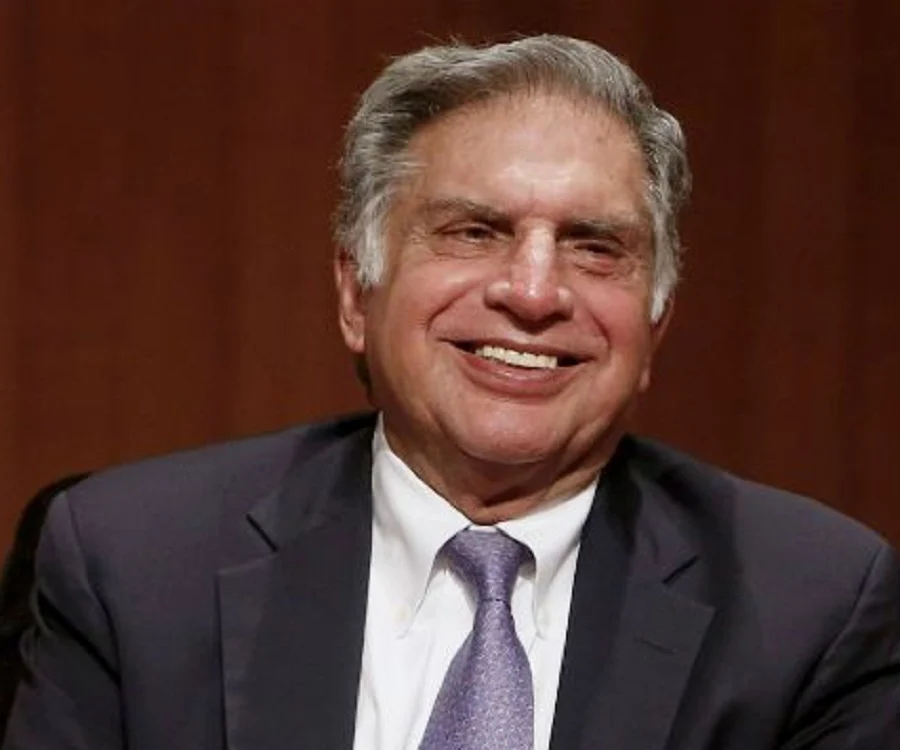Atal Bihari Vajpayee
Atal Bihari Vajpayee (1924-2018) was an Indian politician and statesman who served as the 10th Prime Minister of India. He was born on December 25, 1924, in Gwalior, Madhya Pradesh, British India. Vajpayee was a prominent leader of the Bharatiya Janata Party (BJP) and one of the founding members of the party.
Vajpayee had a long and illustrious political career. He served as a member of the Indian Parliament for over four decades and was elected to the Lok Sabha (the lower house of Parliament) ten times and to the Rajya Sabha (the upper house) twice. Vajpayee was known for his powerful oratory skills and was regarded as a great statesman.
Vajpayee became the Prime Minister of India for the first time in 1996 but his tenure lasted only 13 days due to lack of a majority in the Parliament. However, he returned as Prime Minister in 1998 and led the National Democratic Alliance (NDA) government until 2004. During his tenure, Vajpayee implemented several economic reforms, initiated infrastructure development projects, and pursued a foreign policy of maintaining friendly relations with neighboring countries, including Pakistan.
One of the significant milestones of Vajpayee's leadership was the Pokhran-II nuclear tests conducted in May 1998, which established India as a nuclear power. He also played a crucial role in improving India's relations with the United States, China, and other major world powers.
Vajpayee's government focused on economic liberalization, privatization, and strengthening India's position on the global stage. His administration introduced various economic reforms and initiatives such as the Golden Quadrilateral project, which aimed to improve road connectivity across the country.
Vajpayee's tenure as Prime Minister ended in 2004 when his party was defeated in the general elections. He retired from active politics in 2005 but continued to be revered as a respected leader and was often consulted on important national issues.



Comments
Post a Comment